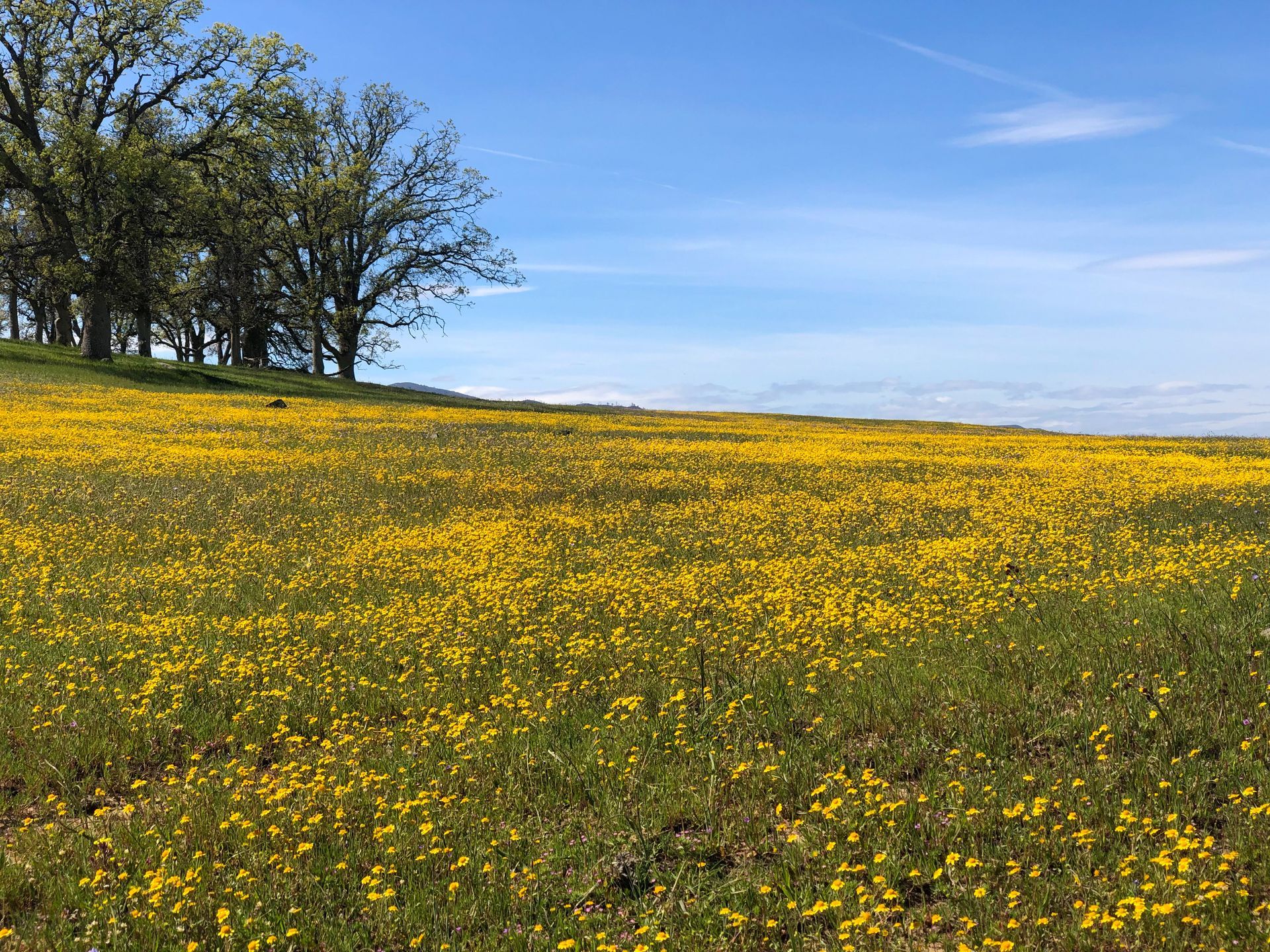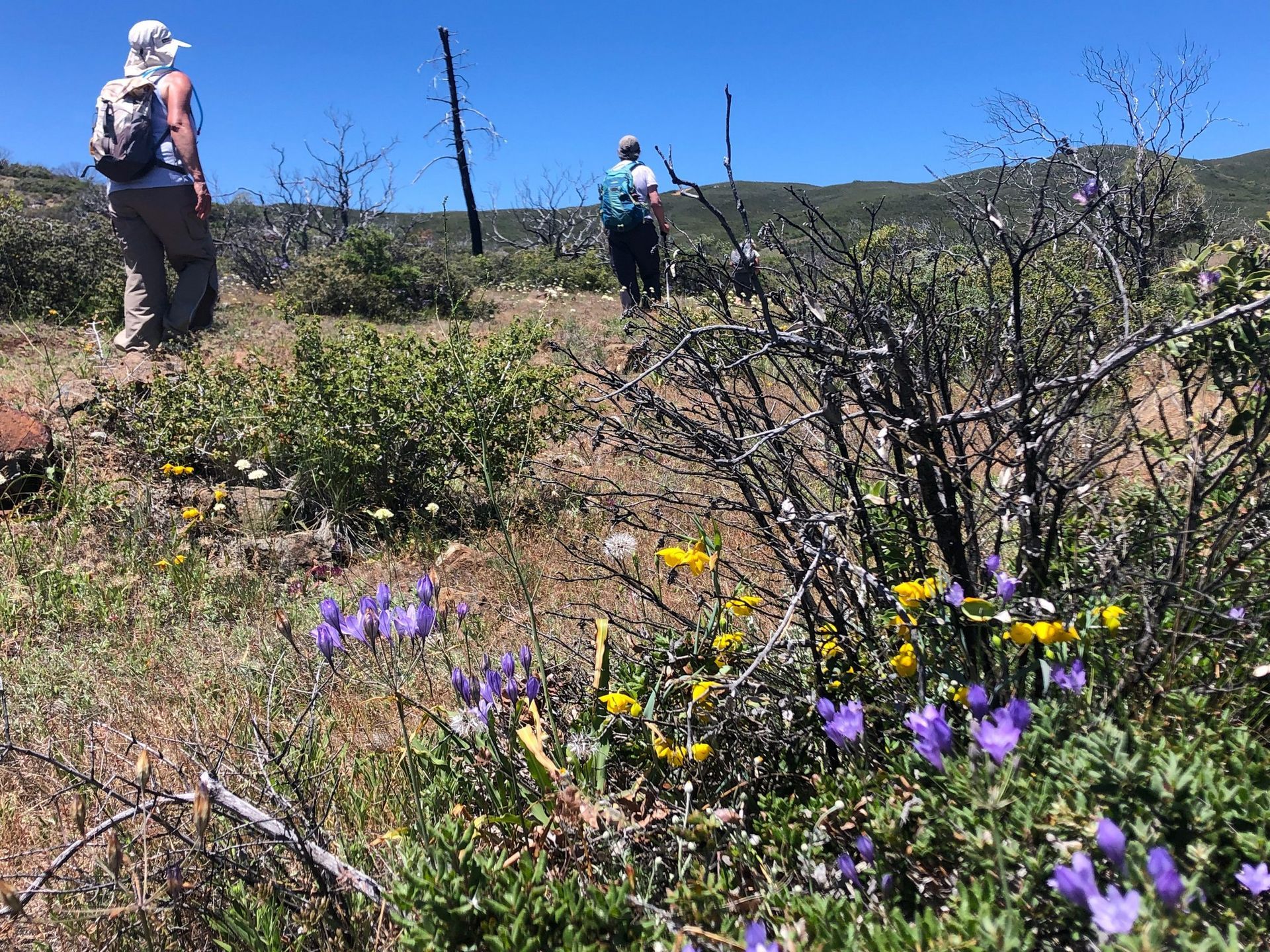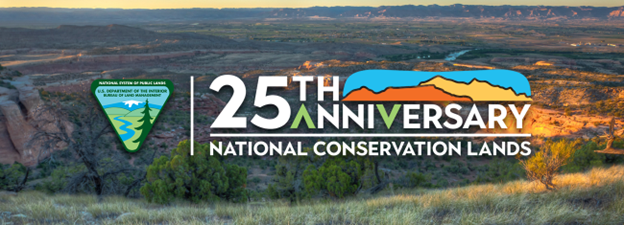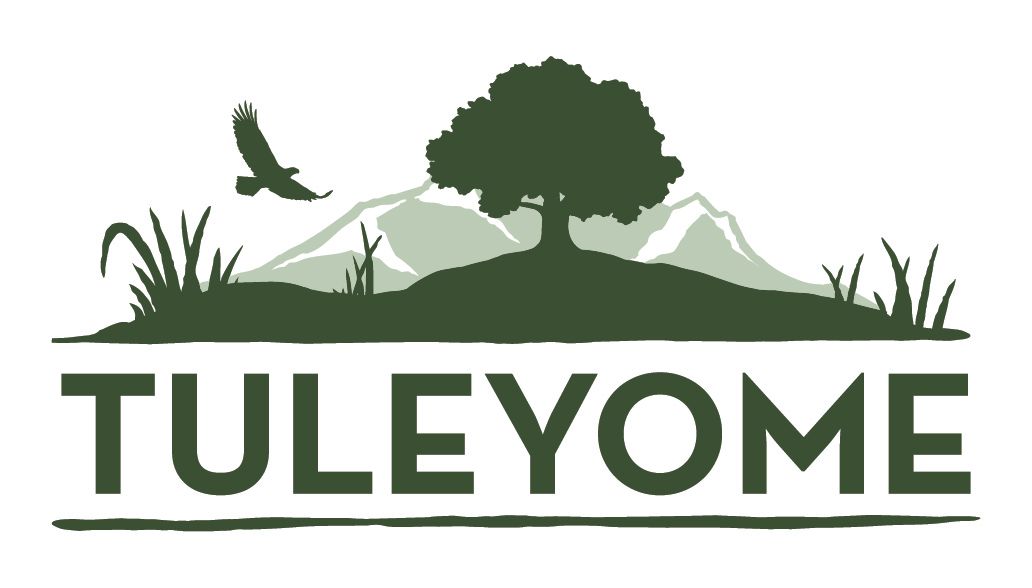Book Recommendation - Gertrude's Oaks
David Wilkinson's new book "Gertrude's Oaks: The History & Legacy of Woodland's Urban Forest" now available
The young pioneer schoolteacher, Gertrude Swain Freeman, gave Woodland its name in 1861 when her husband founded the small town carved out of a valley oak grove. Gertrude loved the trees and rural surroundings, but to her dismay many of the native valley oaks disappeared during her lifetime, a trend that continued in the modern era. Gertrude’s Oaks is David Wilkinson’s new deeply researched book, the latest in a series he has penned about Woodland’s remarkable cultural history. This book traces Woodland’s relationship with its trees spanning three centuries.
The Woodland author brings to life this dynamic and colorful history while introducing readers to several notable historical figures in Woodland’s formative years whose pens forced the community to consider its destructive tendencies towards its oak tree heritage. Using genealogy and other primary research sources, Wilkinson delves into the lives of such notable writers as historians H. Wallace Atwell and Corydon P. Sprague (Western Shore Gazetteer, 1870), Franklin T. Gilbert (Depue’s Yolo County History and Atlas, 1879), and Edward Leake and son Paul Leake who published the Daily Democrat newspaper throughout much of the 20th century.
Wilkinson explores the lives of other influential leaders involved in the early 20th century women’s club movement, such as Woodland writer Serelda Gilstrap Thomas, who were committed to Woodland’s civic and cultural development. The Women’s Improvement Club created Woodland’s first Arbor Day celebration in 1903 and were responsible for the development of City Park, Woodland’s first municipal park, opening in 1909.
In addition to being cultural catalysts, women advocated for tree preservation. Over a century ago, Shakespeare Club women joined other groups in protesting the destruction of large Woodland trees located in city parks and advocated for a progressive tree preservation ordinance. Rich in historical context, Wilkinson writes about the progression of Woodland’s public policies to plant and protect its public trees and expand its urban forest and park system, including a watershed tree ordinance approved in 1940 which led to citizen oversight of public trees. Layered with literary history, Gertrude’s Oaks shows how imaginative poets kindled California’s first Arbor Day in 1886 in San Francisco, influencing other cities to do the same. California poets, whose verse deepens our perception about the essential worth of trees, are celebrated throughout the book.
In the modern era, Gertrude’s Oaks sheds light on renewed citizen activism in the 1990s which led to efforts to protect large oaks and other trees threatened by development while informing the public about their value. Wilkinson writes from first-hand experience how local citizens created the nonprofit Woodland Tree Foundation in 2000 in the wake of a lawsuit to save historical trees from a road-widening project. Under the leadership of the Foundation, volunteers have planted over 5,800 trees throughout Woodland and on the Highway 113 corridor.
On the policy side, the author explains the relevance of Woodland’s “Climate Action Plan” to the growth of its urban forest and how Woodland’s “Urban Forest Master Plan” will guide urban forestry in the future. Gertrude’s Oaks delves deeply into the significant environmental and historical value of Woodland’s native oaks and big trees. Valley oak trees, a long-lived keystone species which hosts abundant wildlife, are adaptable to warming climates and can sequester large quantities of CO2, a greenhouse gas. Wilkinson questions whether removing unprotected native oaks and large trees is morally justifiable in the modern era, faced as humanity is with the critical challenges of global warming. On a buoyant note Gertrude’s Oaks reveals how California communities, including Woodland plan to “re-oak” landscapes once rich with valley oaks where open space allows, including new developments.
The impassioned book contains over 200 archival and contemporary photographs spanning Woodland’s history, sourced from the Yolo County Archives and Yolo County History Museum collections and a variety of other sources. Talented Woodland photographers, Susan Bovey, David Rosen and Yvonne Hunter, contributed sparkling photos of the city’s beautiful and inspiring landscape. David Herbst, a local artefact collector, contributed rare historical photos. The Yolo County Historical Society (YCHS) and the Stroll Through History, Inc. underwrote the cost of publishing the book. Net book sale proceeds will benefit YCHS programs.
Gertrude’s Oaks is available at Local Inspirations, Haven Boutique and Remember When Emporium-all in Downtown Woodland- and at the Woodland Nugget Market. It is also available at Amazon.com.
David will be signing books on Friday March 6 at 6 pm at Local Inspirations, 524 Main Street, Woodland.
RECENT ARTICLES






